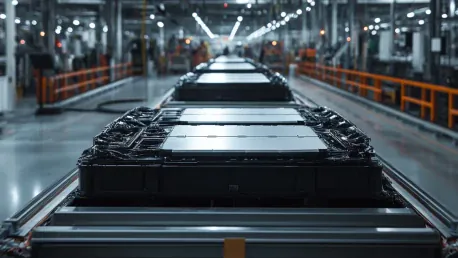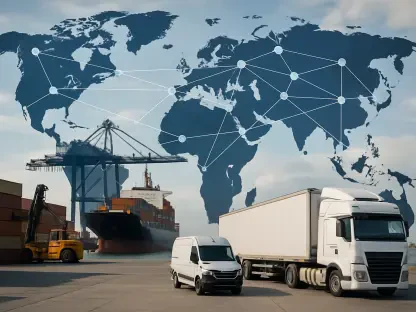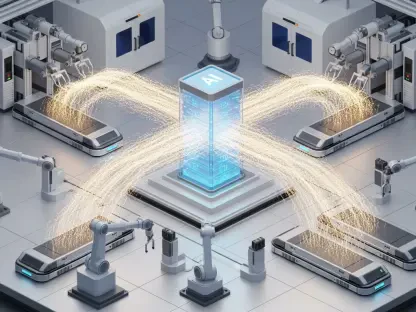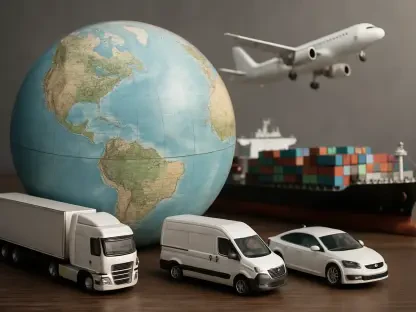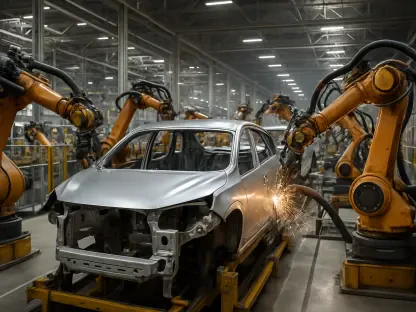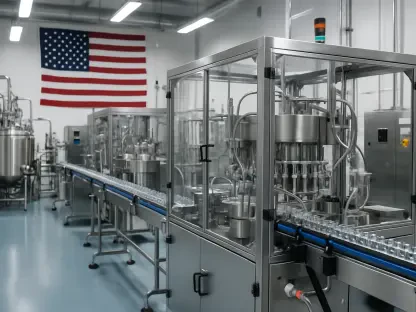The Biden-Harris administration has announced a significant investment of over $3 billion for electric vehicle (EV) battery projects in an effort to enhance domestic production of batteries and related materials. This initiative aligns with a broader strategy to reduce dependence on China, which currently dominates global EV battery cell production. The funding will be allocated to 25 battery manufacturing projects across 14 states, reflecting the administration’s commitment to a green agenda and domestic manufacturing.
A Strategic Move for Climate and Manufacturing
Enhancing Domestic Production
Since taking office, President Biden and Vice President Harris have emphasized that combating climate change and reviving U.S. manufacturing capacity are interconnected goals. This is particularly evident in the supply chain for a clean energy economy, which includes batteries for electric vehicles and energy storage. The administration’s plan also includes tough new emission standards proposed by the Environmental Protection Agency (EPA), which critics argue could effectively mandate the transition to EVs. These new emission standards are designed to significantly reduce greenhouse gas emissions, a primary driver of climate change. By focusing on strengthening the domestic production of EV batteries, the administration aims to ensure that the U.S. can meet its ambitious climate goals while boosting the national economy. It’s clear that domestic manufacturing will play a pivotal role, coupling environmental objectives with job creation and industrial growth.
Addressing Supply Chain Dependencies
China’s control over essential minerals for lithium batteries, coupled with its recent export restrictions on materials like graphite and antimony, underscores the urgency of developing a robust domestic supply chain. The $3 billion investment is part of the larger “Investing in America” agenda, which aims to generate $16 billion in investments for battery recycling and manufacturing. This plan is expected to create over 8,000 construction jobs and more than 4,000 operational jobs, further supporting the U.S. workforce. Despite these efforts, manufacturing jobs have seen a decline under the current administration, raising questions about the effectiveness of such investments. However, the administration remains optimistic that the funding will not only address immediate supply chain needs but also lay the groundwork for long-term industry growth. Reducing dependency on foreign minerals and fostering domestic production capacities are seen as key to national security and economic resilience.
Federal Funding and Future Challenges
Building Charging Infrastructure
Additionally, the Biden administration has previously allocated federal funds to build half a million EV charging stations by 2030. However, this initiative has encountered various delays that have hampered its progress. Building the required infrastructure is critical for the widespread adoption of EVs, and these delays serve as a reminder of the challenges involved in such large-scale projects. The delays have been attributed to various factors, including logistical hurdles, supply chain disruptions, and regulatory challenges. Despite these setbacks, the administration remains committed to increasing the number of charging stations, which are essential for alleviating range anxiety among potential EV buyers. The initiative aims to create a comprehensive and reliable network that can support the rapid growth of electric vehicles on American roads.
Bolstering the US Electrical Grid
The Department of Energy (DOE) has emphasized that the selected battery manufacturing projects will bolster the U.S. electrical grid, support the electrification of the transportation sector, and power American homes and businesses. This comprehensive investment aims to ensure energy security and support the transition to a green economy. Ensuring a resilient and efficient electrical grid is crucial for integrating a growing number of EVs and renewable energy sources into the national infrastructure. By strengthening the electrical grid, the U.S. can better manage increased energy demands and mitigate potential disruptions. The focus on renewable energy sources, combined with a robust battery storage system, will enable a more stable and sustainable energy supply. This approach aligns with the administration’s broader goals of reducing carbon emissions and fostering a cleaner, more sustainable future.
Conclusion
Balancing Ambitions and Realities
The Biden-Harris administration has unveiled an ambitious plan, investing over $3 billion in electric vehicle (EV) battery projects to bolster domestic production of these essential components and associated materials. This move is part of a broader strategy to lessen the United States’ reliance on China, a country that currently leads the world in EV battery cell production. By channeling funds into 25 battery manufacturing projects spread across 14 states, the administration underscores its commitment to a sustainable green agenda and revitalizing domestic manufacturing industries. This initiative aims to not only secure the supply chain for critical battery components but also stimulate local economies, create jobs, and foster innovation in the green technology sector. These projects are expected to play a pivotal role in the nation’s transition to clean energy, supporting the goals of reducing greenhouse gas emissions and advancing environmental sustainability. Through this investment, the administration seeks to position the U.S. as a leader in the global EV market, ensuring that the country remains competitive in an increasingly eco-conscious world.
